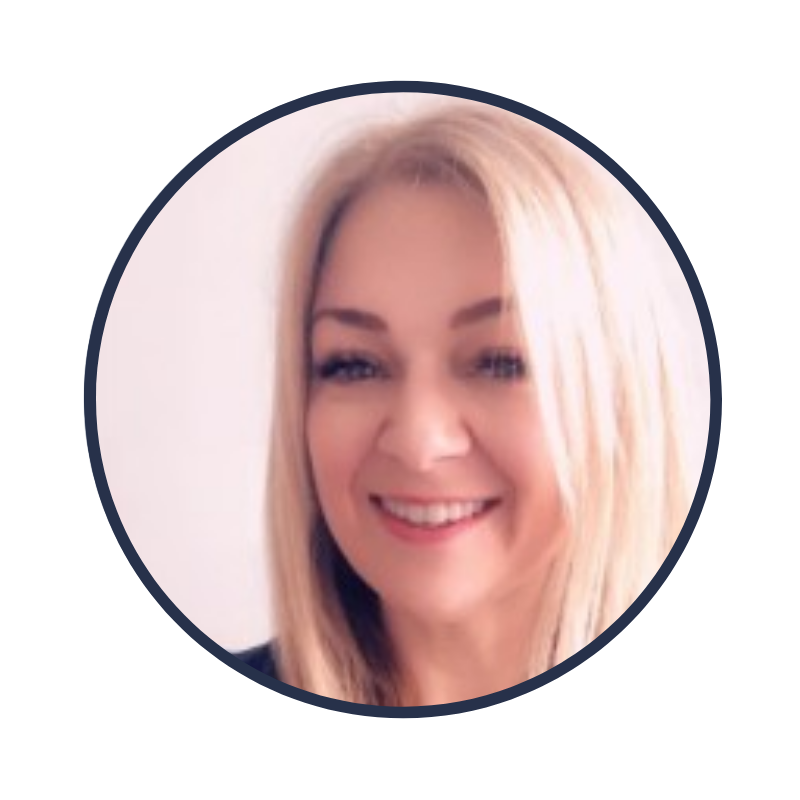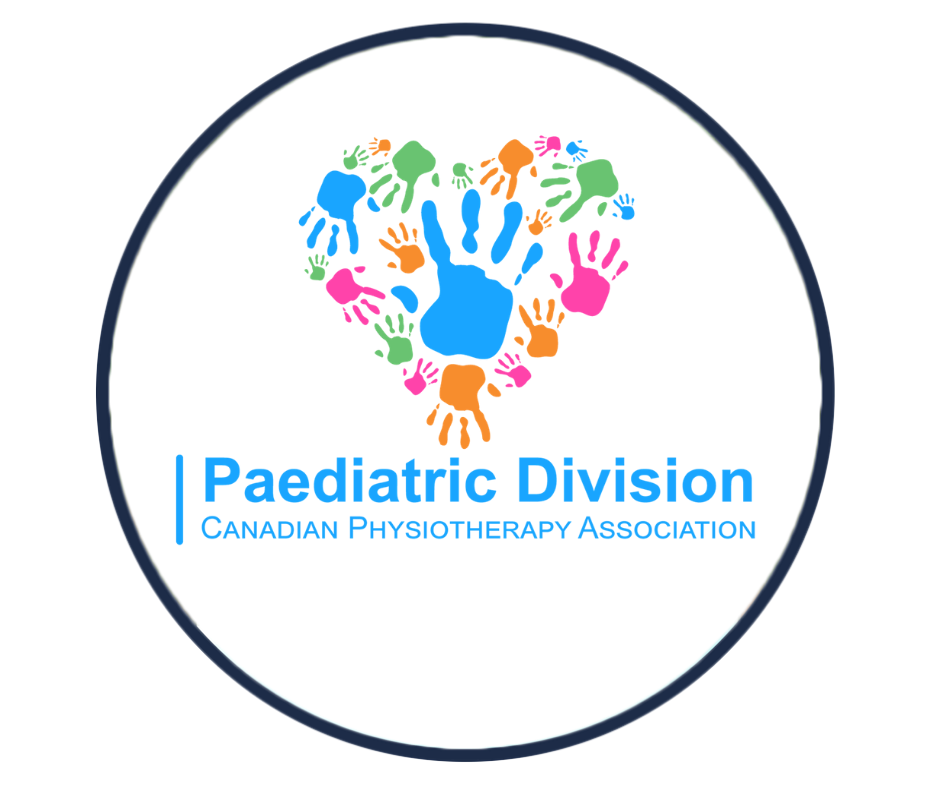Enhancing Access to Pediatric Rehabilitation Care in a Remote Northern Indigenous Community

Enhancing Access to Pediatric Rehabilitation Care in a Remote Northern Indigenous Community
This course includes
The instructors
Overview
This online course introduces a Community-led Pediatric Rehabilitation Pilot, which discusses enhancing access to pediatric rehabilitation care in a remote Northern Indigenous community using a team and technology approach.
In this course, discover how physiotherapists and other allied health professionals can advance health equity for Indigenous populations, with a focus on Indigenous children in remote communities. The course examines the realities and barriers that affect healthcare access for Indigenous populations, as well as the impact of social determinants of health. Participants will gain insights into how social and geographic inequities affect healthcare access and how virtual care technologies are a huge potential that can help bridge gaps in service delivery. Through a concise and engaging webinar, you can examine the health outcomes among Indigenous populations, explore barriers to rehabilitation care, and review project models that promote culturally safe and community-driven solutions.
Join this online physiotherapy course to learn more about the instructors' collaborative research with indigenous communities jointly hosted by the Global Health Division and Paediatric Division of the Canadian Physiotherapy Association (CPA).
Learning Objectives
In this online course, the participant will:
- Use a social determinants of health model to understand health inequities experienced by Indigenous children in Canada
- Identify issues related to inequitable access to pediatric rehabilitation services for Indigenous children in Canada
- Understand the gaps in research on Indigenous children’s rehabilitation needs
- Learn more about culturally responsive models of care
- Recognize the importance of Indigenous stakeholders and communities and their participation in developing health programs
Audience
This course is well-designed for physiotherapists, rehabilitation clinicians, and allied health professionals. Whether you are a practicing physiotherapist, student, or other interdisciplinary health professional, this course offers a meaningful opportunity to learn how innovation, partnership, and respect for Indigenous knowledge can help advance equitable pediatric care across Canada.
Presenter Bios

Hailey Dunn is a Ph.D. candidate at the University of Saskatchewan’s School of Rehabilitation Science. Hailey also graduated from the University of Saskatchewan with a master’s in physical therapy. Hailey’s research explores health equity, pediatric rehabilitation, and culturally responsive care models for children in rural and Indigenous communities.

Dr. Stacey Lovo is an Assistant Professor at the School of Rehabilitation Science at the University of Saskatchewan. Dr. Lovo practiced orthopedic physiotherapy for 20 years before acquiring her PhD and now focuses on working collaboratively with indigenous communities to use virtual technologies to enhance access to rehab care in remote regions.
The instructors


The Global Health Division (GHD) is comprised of a passionate group of physical therapists who have worked in or are interested in working in resource-poor settings globally. We advocate for sustainable collaboration that elevates the profession of physiotherapy worldwide.
Our Vision is to become a strong advocate group for the role of physiotherapists in the area of global health. The GHD strives to become a reliable and valuable resource for its members, through providing access to research, policies, experiences of other members, and opportunities.The GHD aims to foster an understanding of how socioeconomic determinants of health underpin health inequities and how global work comprises responsible strategies to achieve health equity. The GHD strives to support its members to get involved in ethical, collaborative, sustainable and effective global health work. The GHD endeavours to promote the wellbeing of Indigenous Peoples through advocating for changes within the physiotherapy profession in the spirit of reconciliation.
The mission of the Global Health Division (GHD) is to advocate for the unique role that physiotherapists have in global health and to encourage Canadian physiotherapists to engage in ethical global health work.

The Paediatric Division is a special interest group within the Canadian Physiotherapy Association. Our membership consists of clinicians from all practice settings, students, educators, researchers, physiotherapy assistants and administrators all of whom have a passion for promoting participation and enhancing the lives of children and their families. We are dedicated to provide resources and information for paediatric patients and their families to promote participation and function independence in all aspects of life.
Paediatric physiotherapists employ clinical expertise in the early detection of health problems, treatment, education and management of congenital, developmental, neuromuscular, skeletal, cardiorespiratory or acquired disorders/diseases. Paediatric physiotherapists work with children of all ages, from infants through young adulthood to promote participation and functional independence. Paediatric physiotherapists have a unique role in that they not only work with the child, but also their families in the context of their daily home, school and recreational environment.
Paediatric physiotherapists use validated outcome measures to assess the level of strength, flexibility, gross-, and fine-motor coordination and overall functional capabilities to determine participation limitations or restrictions as a result of injury, disease or disability.
Through analysis of objective assessment findings, the paediatric physiotherapist uses evidence-based treatment interventions specifically tailored to the client and their family's goals. Treatment interventions focus on improving gross and fine motor skills, balance and coordination, strength and endurance, as well as cognitive and sensory processing/integration.
Material included in this course
-
Enhancing Access to Pediatric Rehabilitation Care in a Remote Northern Indigenous Community
-
Welcome!
-
Health Outcomes of Indigenous People in Canada
-
Social Determinants of Health
-
Access to Healthcare
-
Virtual Health Care
-
Gaps in the Literature & Upcoming Research
-
Project Layout
-
Conclusion
-
Questions
-
Knowledge Check Quiz
-
Feedback